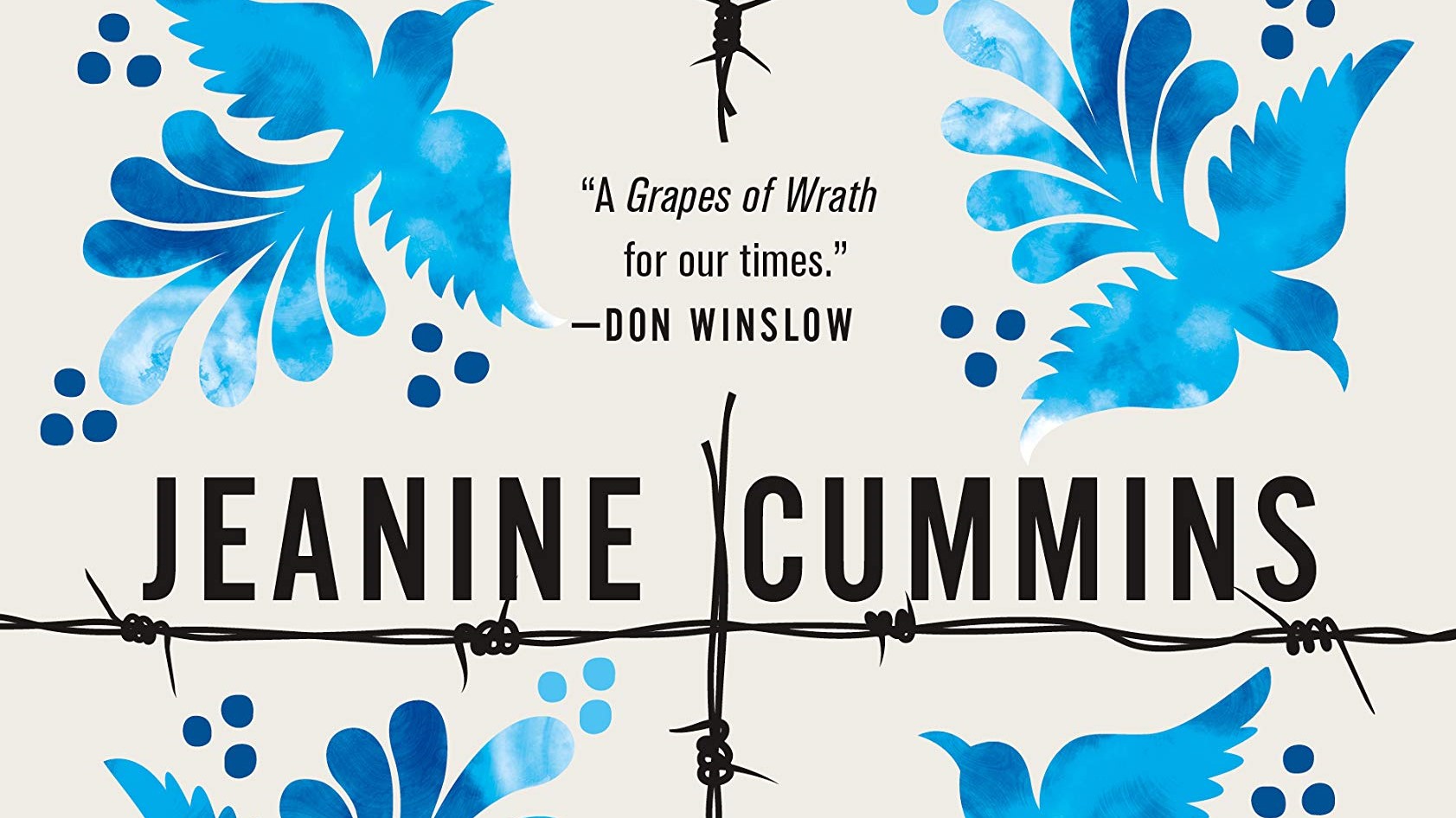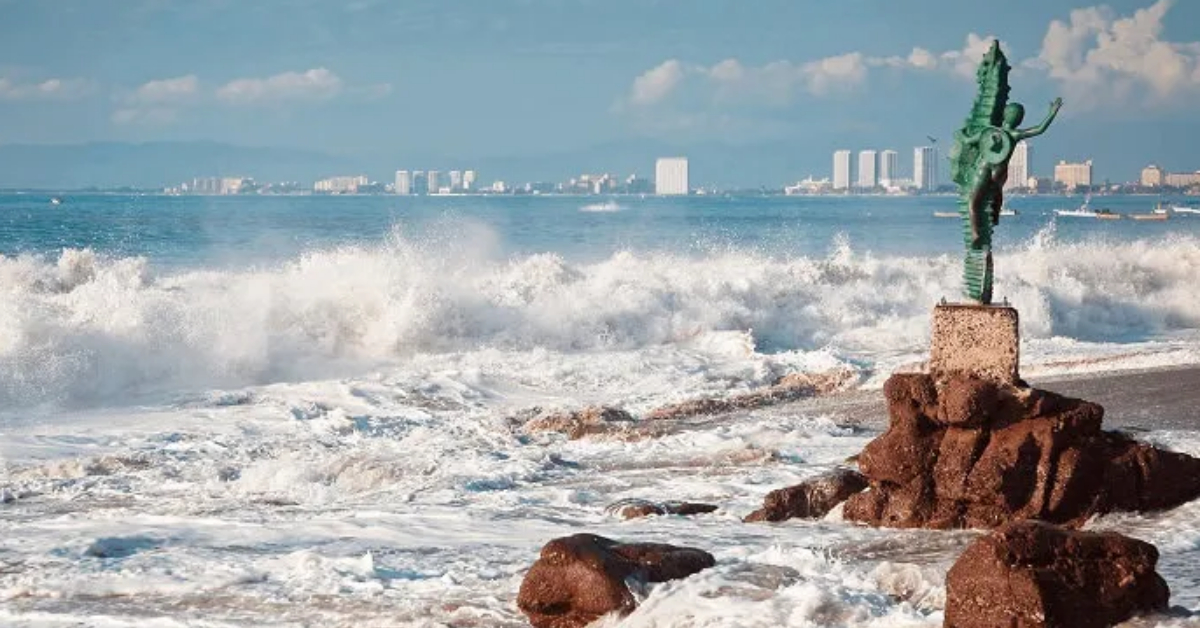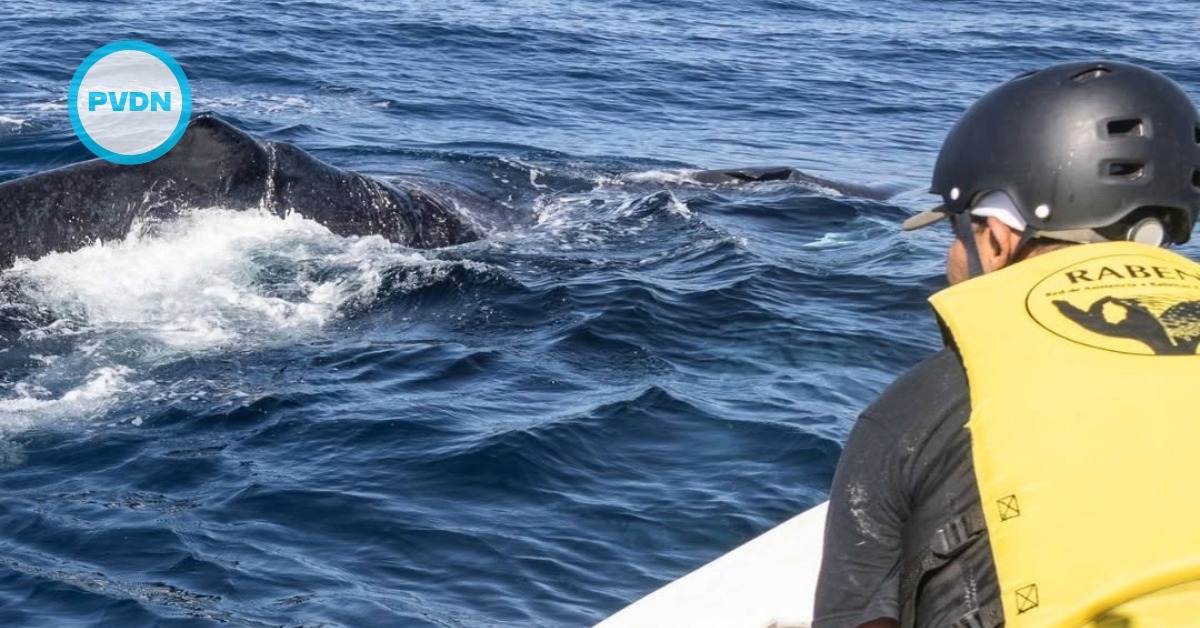In her beautiful, suspenseful and timely new novel "American Dirt,’’ Jeanine Cummins succeeds in taking migration — one of the central issues of our time — and bringing it down to human size. The story of one Mexican mother and her young son reminds us that migrants at the U.S.-Mexico border (and everywhere) are individuals driven by their own unique and desperate stories.
Cummins tells of Lydia, a bookstore owner in Acapulco, and her smart, sensitive 8-year-old, Luca. They have to flee their comfortable home when a drug cartel that has gradually taken over the city kills 16 . . .






